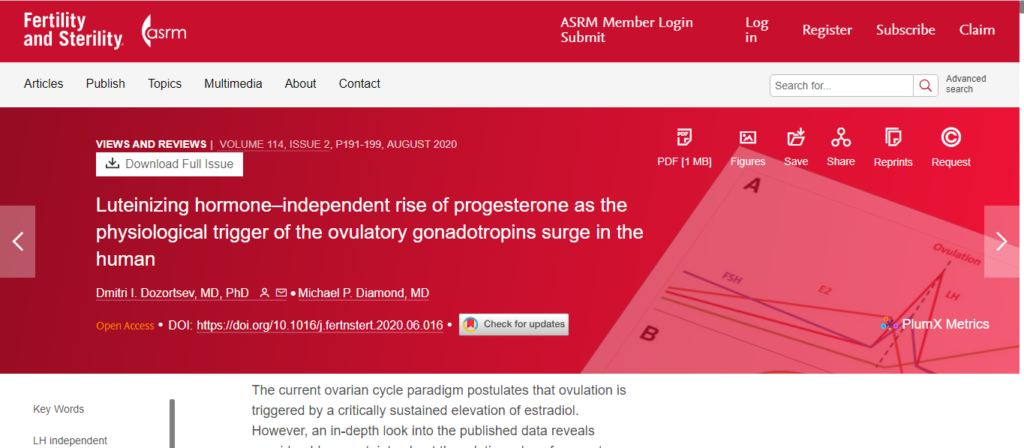For some couples, a gestational surrogate that delivers their biological child may be the best option to start their family.
For couples struggling with infertility or for same-sex couples looking to start a family, a gestational carrier may be the answer. With a gestational carrier, the egg and sperm of the intended parents are fertilized into an embryo, which is then implanted via in vitro fertilization (IVF) into the surrogate. The gestational surrogate has no biological connection to the child since the baby is the parent’s genetic offspring.
This type of surrogacy is not to be confused with that of a traditional surrogate. A traditional surrogate essentially donates her egg, making her the child’s biological mother. The egg is then fertilized with the father’s or a donor’s sperm through artificial insemination.
According to the Centers for Disease Control and Prevention, a total of 30,927 people — or two percent of all assisted reproductive technology cycles — used a gestational carrier between the years 1999 and 2013. As gestational surrogacy becomes more widespread, couples increasingly turn to it as an option when evaluating suitable paths for their family.
The Basics of Gestational Surrogacy
A gestational surrogate is an option for women or families who are unable to carry a baby to term for a variety of reasons. Women considering gestational surrogacy may have been born without a uterus, or had their uterus removed during cancer treatment. Alternatively, their womb may have abnormalities such as fibroids or endometriosis that make it difficult to sustain a pregnancy. Certain medical conditions, including severe diabetes or heart disease, also might preclude a woman from becoming pregnant. Lastly, a woman who has suffered multiple miscarriages is a candidate for a gestational surrogacy.
Once a couple decides they want to move forward with gestational surrogacy, they first need to undergo a complete medical and psychological evaluation. This step of the process typically includes genetic testing to rule out the potential of an inherited disorder being passed to the child. The intended mother also needs to have viable eggs that can be harvested for fertilization.
Typically, the embryo is transferred to the surrogate three to six days after fertilization. Couples may choose a family member as a gestational surrogate, or they may write up a contract with a surrogate through an agency. At minimum, the surrogate must be 21 years of age and have carried one healthy baby to delivery.
Gestational surrogates must be determined healthy enough to carry a pregnancy to term. also They also will have to go through a series of medical tests to ensure they don’t carry infectious disorders, such as HIV, hepatitis, or sexually transmitted diseases. A psychological evaluation is recommended in order to determine if the surrogate is emotionally stable to deliver a baby for another couple.
Is a Gestational Carrier Right for Your Family?
Couples who have explored other methods for achieving pregnancy without success may want to consider a gestational surrogate as an option. At the Advanced Fertility Clinic of Texas, we can guide you through the process and help you decide if it’s the right choice for your family.
If you do choose to move forward with a gestational surrogate, we can provide support through IVF and genetic testing to make sure you have a healthy baby. Schedule an appointment with the AFCT today to see if a gestational surrogate might be able to help you start the family of your dreams.



